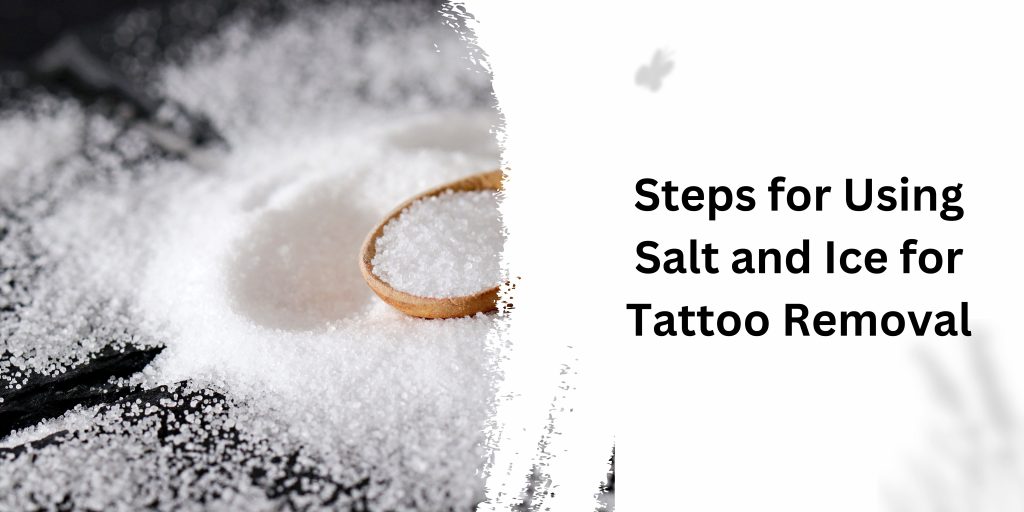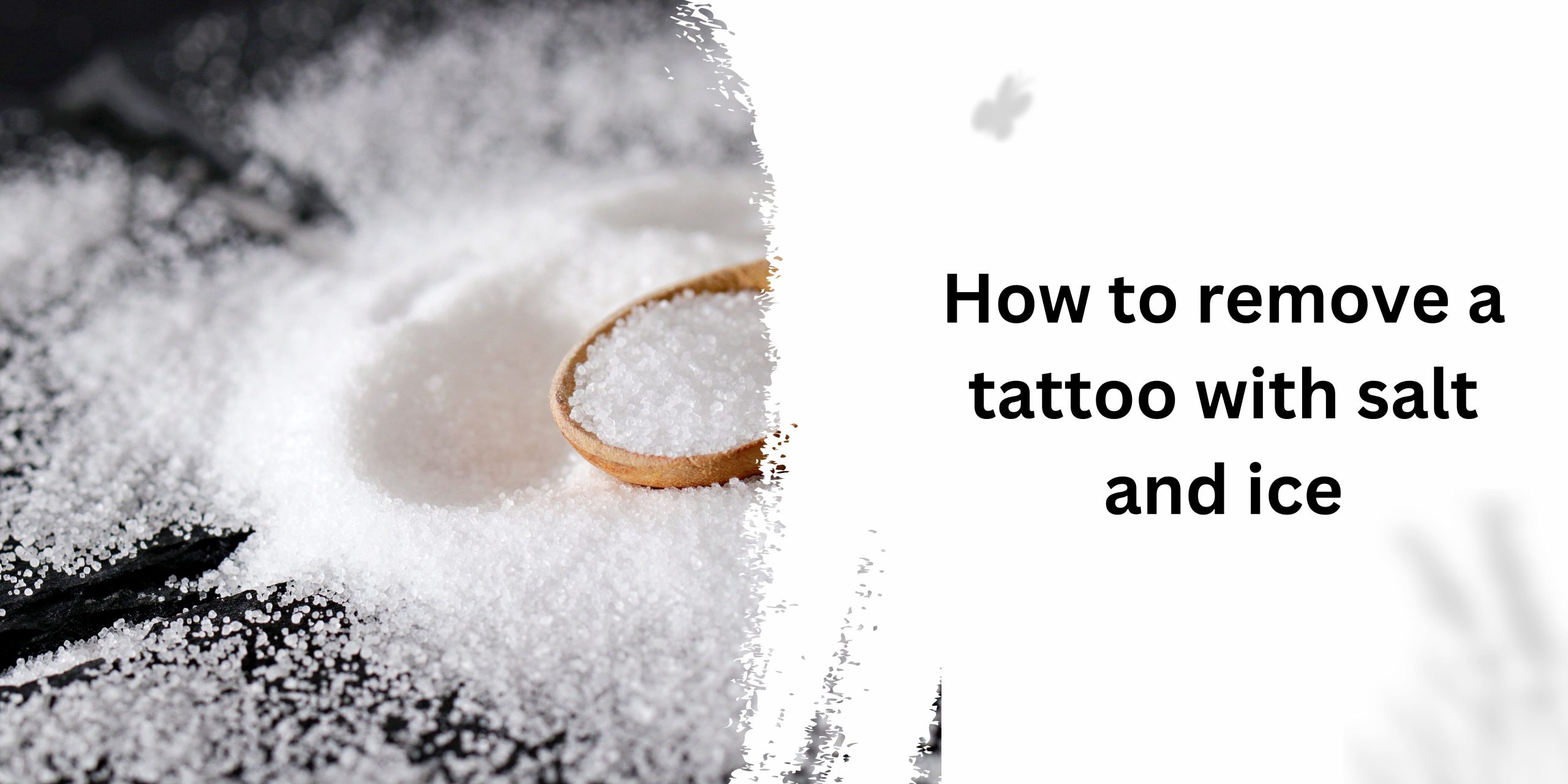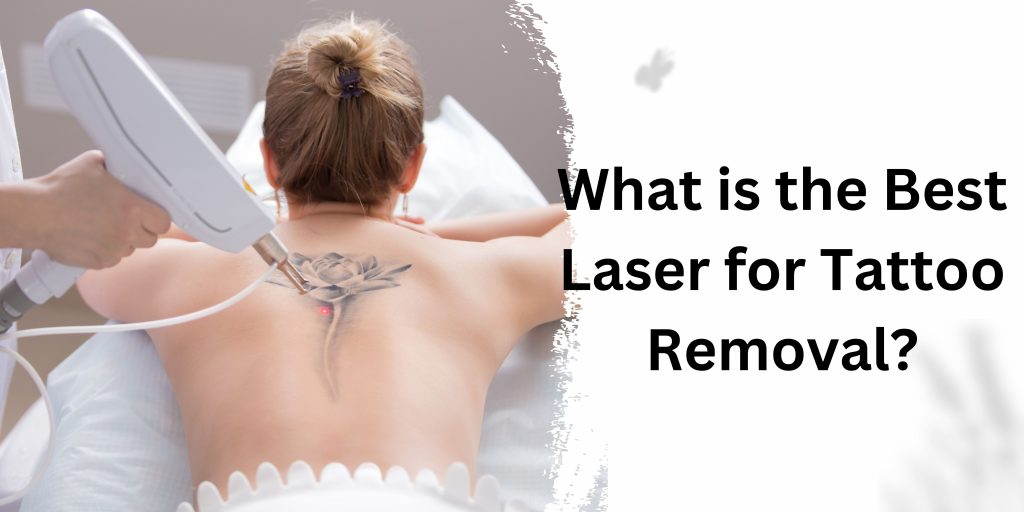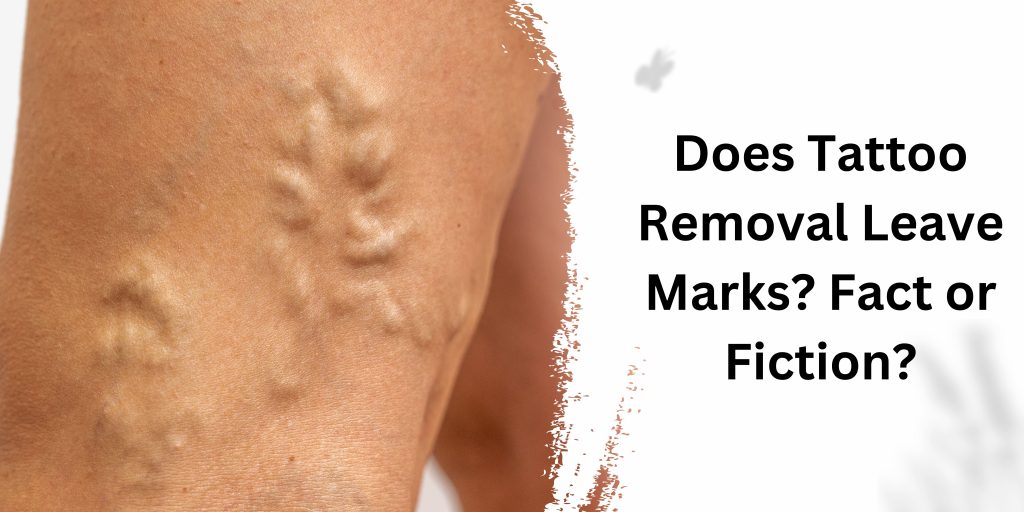Tattoos, once considered permanent marks of personal expression, are now increasingly being viewed as elements that might need alteration or removal. While professional laser treatments and other advanced methods are widely available, some individuals seek alternative, DIY methods. One such method that has gained attention is the use of salt and ice for tattoo removal. In this article, we will delve into the how to remove a tattoo with salt and ice
Understanding the Process
Removing a tattoo with salt and ice is a method that has been circulating in various DIY communities. The idea is to create a homemade, natural form of tattoo removal that supposedly fades the tattoo over time. The process involves creating an abrasive mixture using finely crushed salt and combining it with the numbing effect of ice.
Read More: Can You Get Tattoo Removal While Pregnant?
Steps for Using Salt and Ice for Tattoo Removal

- Prepare the Area: Before beginning the process, it is crucial to thoroughly clean the area surrounding the tattoo with mild soap and water. This helps to minimize the risk of any potential infections that might occur during the process.
- Create the Abrasive Mixture: Crush the salt into a fine powder and mix it with a small amount of water to form a thick paste. Ensure the consistency is not too runny as it might lead to ineffective results.
- Apply the Mixture: Gently apply the salt paste onto the tattooed area and rub it in using circular motions. The abrasive nature of the salt aims to gradually wear down the tattoo pigments over time.
- Numbing with Ice: Following the application of the salt, place an ice pack or ice cubes wrapped in a cloth on the area for about 20 minutes. This step is aimed at reducing any discomfort or pain associated with the process.
Effectiveness and Risks
While this DIY method of tattoo removal might sound convenient, it is imperative to understand its limitations and potential risks. The effectiveness of using salt and ice to remove a tattoo varies greatly depending on multiple factors, including the size and depth of the tattoo, the type of ink used, and the individual’s skin type.

Effectiveness Considerations
- Fading Over Time: Some individuals claim that consistent and dedicated use of the salt and ice method can lead to a gradual fading of the tattoo over an extended period.
- Variable Results: However, results may vary significantly, and complete removal might not be achievable, particularly for larger or intricate tattoos.
Risks and Safety Concerns
- Skin Damage: The abrasive nature of salt can potentially damage the skin, leading to irritation, inflammation, or even scarring.
- Infection Risk: Improper sterilization or handling of the tattooed area during the process can increase the risk of infections, potentially leading to more severe health issues.
Read More: Does Witch Hazel Fade Tattoos?
Important Safety Precautions
Before attempting any form of DIY tattoo removal, it is crucial to consider the following safety precautions to minimize potential risks and complications.
Safety Precautions to Keep in Mind
- Consult a Professional: Seeking guidance from a professional tattoo removal specialist is highly recommended before attempting any DIY methods.
- Hygiene Maintenance: Ensure that the tools and materials used are thoroughly sterilized to prevent any infections or complications.
- Skin Sensitivity Check: Perform a patch test on a small area of skin to determine any potential allergic reactions or adverse effects before applying the salt and ice mixture to the entire tattooed area.
Read More: Can You Get a Tattoo if You Have Blood Cancer?
Conclusion
While the idea of removing a tattoo with salt and ice might seem like an accessible and cost-effective solution, it is crucial to approach this method with caution and a thorough understanding of the associated risks. Considering the potential for skin damage, infections, and uncertain results, consulting a professional tattoo removal specialist remains the safest and most effective option. Prioritizing safety and informed decision-making can help individuals make the best choices for their tattoo removal journey, ensuring both their health and the desired outcome are safeguarded.
FAQs about Removing a Tattoo with Salt and Ice
Here are some frequently asked questions (FAQs) about using salt and ice for tattoo removal:







